Also by Richard Strozzi-Heckler
The Anatomy of Change:
A Way to Move Through Lifes Transitions
Holding the Center:
Sanctuary in a Time of Confusion
In Search of the Warrior Spirit:
Teaching Awareness Disciplines to the Military
The Leadership Dojo:
Build Your Foundation as an Exemplary Leader
Aikido and the New Warrior (ed.)
Copyright 2003 by Richard Strozzi-Heckler. All rights reserved. No portion of this book, except for brief review, may be reproduced, stored in a retrieval system, or transmitted in any form or by any meanselectronic, mechanical, photocopying, recording, or otherwisewithout the written permission of the publisher. For information contact North Atlantic Books.
| Published by |
| North Atlantic Books | Cover design by Susan Quasha |
| P.O. Box 12327 |
| Berkeley, California 94712 |
Being Human at Work: Bringing Somatic Intelligence into Your Professional Life is sponsored by the Society for the Study of Native Arts and Sciences, a nonprofit educational corporation whose goals are to develop an educational and crosscultural perspective linking various scientific, social, and artistic fields; to nurture a holistic view of arts, sciences, humanities, and healing; and to publish and distribute literature on the relationship of mind, body, and nature.
North Atlantic Books publications are available through most bookstores. For further information, visit our website at www.northatlanticbooks.com or call 800-733-3000.
Library of Congress Cataloging-in-Publication Data
Being human at work : bringing somatic intelligence into your professional life / edited by Richard Strozzi-Heckler.
p. cm.
eISBN: 978-1-58394-410-3
1. Job satisfaction. 2. Mind and body. 3. Centering (Psychology)
4. Motivation (Psychology) 5. Self-care, Health. 6. Job enrichment. I. Strozzi-Heckler, Richard.
HF5549.5.J63B43 2004
650.13dc21
2003007621
v3.1
To Jack, Paloma, and Wesley

Acknowledgments
T his book would not be what it is without the tireless effort, care, attention to detail, and loving management skills of Jean Dunham. Jean was always the lighthouse when the storms hit. Lindy Houghs vast editorial skills smoothed the rough edges and cut the fat; Sharron Woods line editing brought everything up a notch. Forever grateful to Ariana, Jack, Paloma, Wesley, Django and Tiphani for their patience and goodwill in my life and in this project. Mark, Alice, and Gail at Strozzi Institute for their steadiness and commitment and for the many others who are too numerous to mention that have enriched my life and made this work possible. Thank you to all.

Table of Contents
Chapter 1 For the Sake of What
 Richard Leider
Richard Leider Chapter 4 Leading by Listening
 Ariana Strozzi
Ariana Strozzi Chapter 5 The Body of Management
 Robert Dunham
Robert Dunham Chapter 6 The Fundamentals of Practice
 Woody Allen
Woody Allen Chapter 7 Wringing out an Old Sponge: Where Personal Dysfunction Meets the Pretense of Corporate Caring
 Tom Lutes
Tom Lutes Chapter 9 Listening to Bodies Long-Distance: The Power and Possibility of Telephone Coaching
 Suzanne Zeman
Suzanne Zeman Chapter 10 When the Classroom Door Swings Inward
 Peter Reilly
Peter Reilly Chapter 11 The Embodied Writer: The Flesh into Word
 Mary Wagner
Mary Wagner Chapter 12 The Somatic Engineer
 Peter Denning, Ph.D
Peter Denning, Ph.D Chapter 13 Somatics and Parenting
 Karen Short
Karen Short Chapter 14 Building a Better Deathbed
 Patrick Clary, M.D
Patrick Clary, M.D Chapter 16 Fighting for Dignity
 Rich Poccia
Rich Poccia Chapter 17 From Deadly Dance to Dance of Delight
 Paula Love
Paula Love Chapter 18 From Surviving to Thriving
 Jennifer Cohen
Jennifer Cohen Chapter 19 The Power of Somatics in Sobriety
 J. Clare Bowen-Davies
J. Clare Bowen-Davies Chapter 20 Conquering Chronic Headaches: Somatic Self-Care for Transforming Pain
 Jan Mundo
Jan Mundo Chapter 21 Something Happened
 Michael Moran
Michael Moran Chapter 22 A Model for Decision Making for the Military Leader
 Lt. Colonel Fred Krawchuk, US Army
Lt. Colonel Fred Krawchuk, US Army Chapter 23 A Lesson in Fear
 Capt. John Duvall, USMC
Capt. John Duvall, USMC 
Introduction
W e begin the twenty-first century dominated by a technological culture that, with remarkably few exceptions, has created social and economic institutions that treat people as instrumental means. Many of us live lives of ease and luxury, yet fewer and fewer of us can claim that what we are doing produces satisfaction. Even fewer seem able to answer with any depth the question: What am I working so hard for? The significant loss of productivity, innovation, and creativity at the workplace, not to mention the overwhelming despair that so many experience as a result of spending more than a third of their life in an activity that has little or no personal meaning, is a staggering cost to the human spirit.


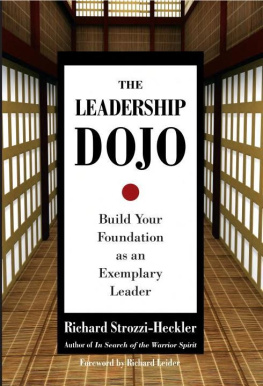
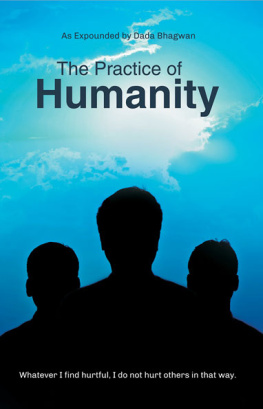

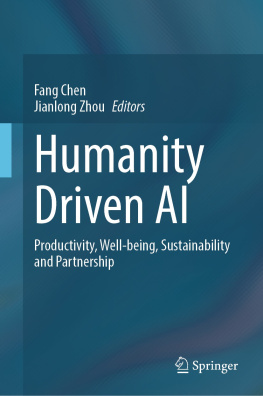
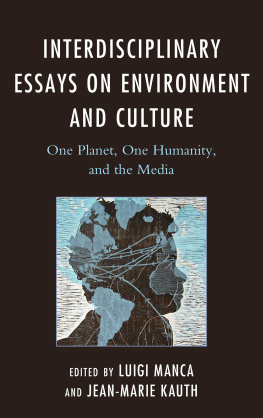
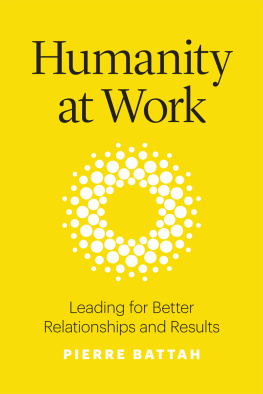
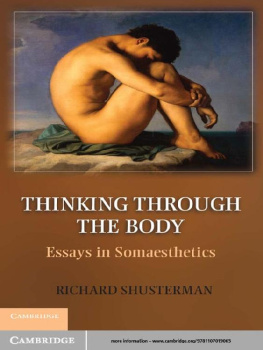
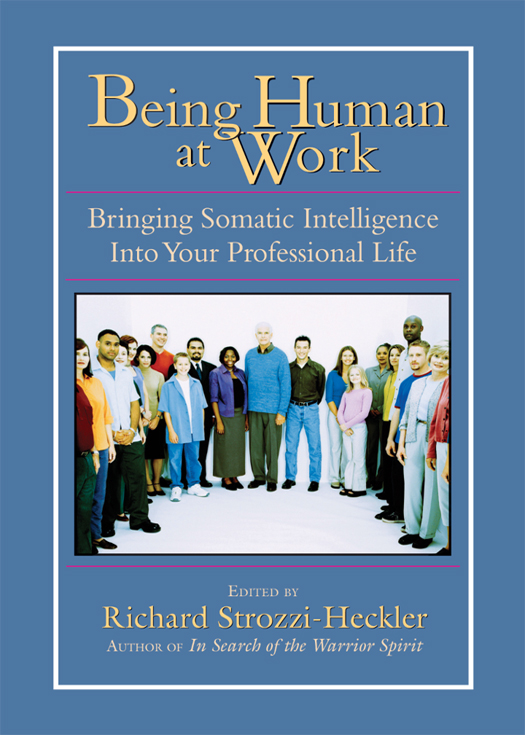
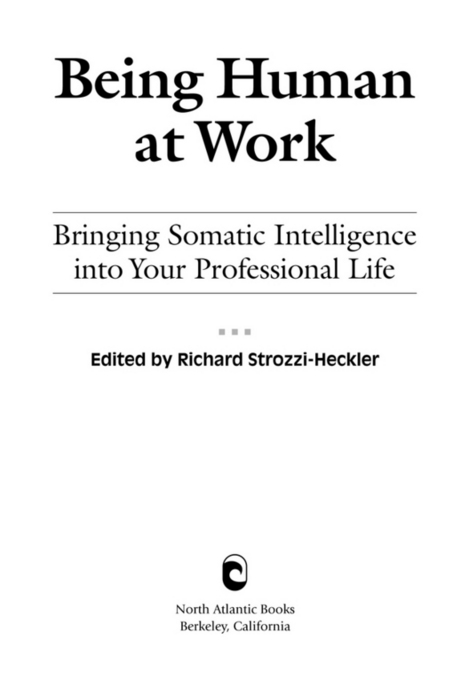

 Richard Leider
Richard Leider